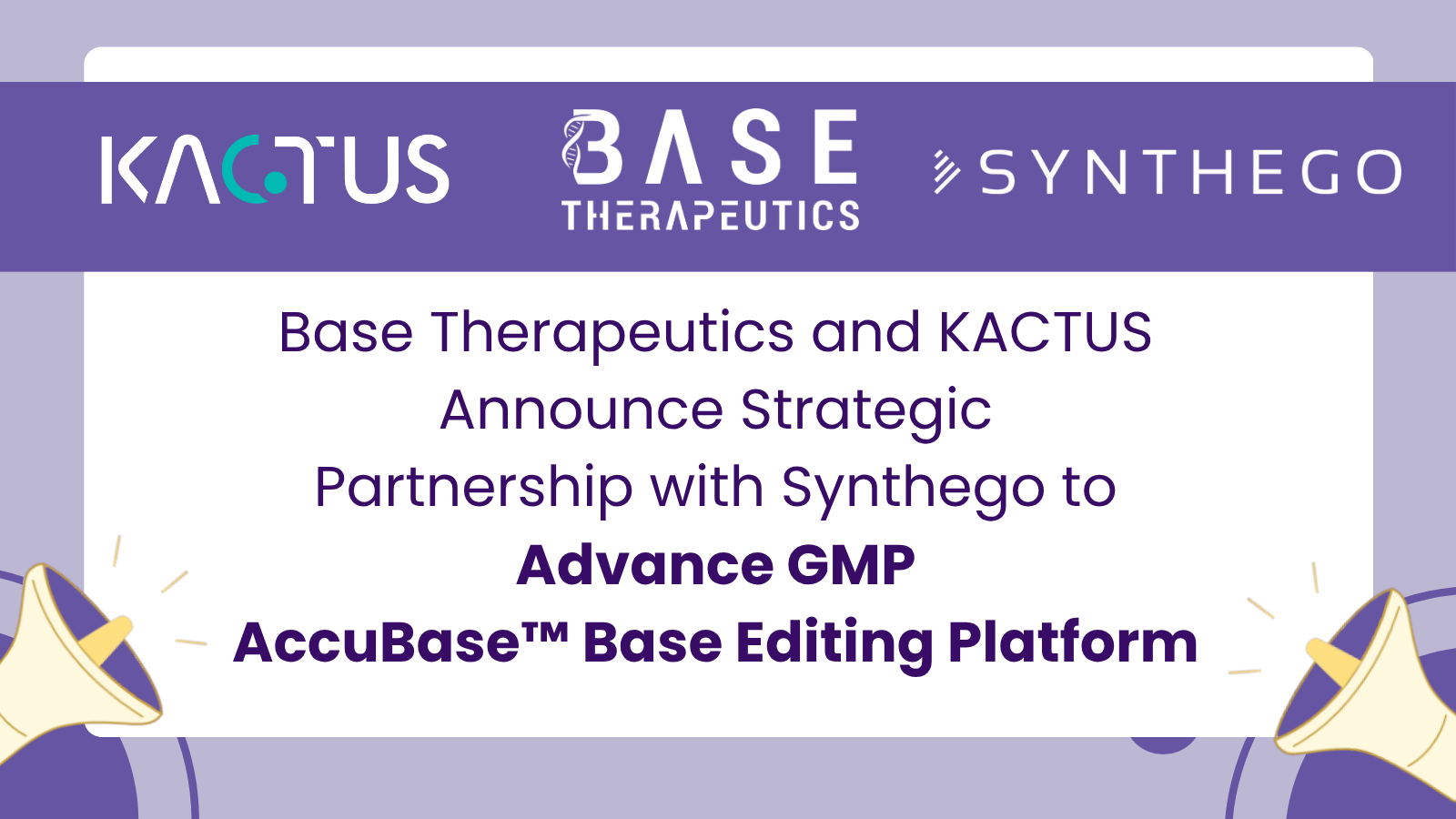Exploring TSLP: A Major Player in Inflammatory Pathways
By Yujiao Zhang
Thymic Stromal Lymphopoietin (TSLP), is a pleiotropic cytokine of the IL-2 family, closely related to IL-7, playing a significant role in immune responses, especially type 2 immunity. It is involved in processes such as allergic diseases, host defense, cancer, and chronic inflammatory diseases.
Due to alternative splicing, TSLP exists in two forms: a shorter sfTSLP with 63 amino acids and a longer lfTSLP with 159 amino acids (generally referred to as TSLP). The lfTSLP has pro-inflammatory effects, while sfTSLP has anti-inflammatory effects. The sfTSLP is constitutively expressed in keratinocytes, epithelial cells, and lung fibroblasts and is not significantly upregulated during inflammation. In contrast, lfTSLP is not constitutively expressed or is expressed at low levels but can be induced by TLR ligands such as flagellin and TNF, closely related to disease progression.

Figure 1. TSLP complex structure with TSLP-R and IL-7Ra [1]
TSLP functions by binding to TSLPR and IL-7R alpha to form a ternary complex, activating downstream pathways through JAK1/JAK2, promoting the release of cytokines like IL-4, IL-5, and IL-9.

Figure 2. TSLP-induced signal transduction mechanism [2]
TSLP is involved in the development of allergic diseases or responses to viral infections. In allergic diseases, epithelial cells release TSLP when stimulated by allergens, microbes, and chemicals, inducing and promoting TH2-type immunity, leading to innate and adaptive immune responses, causing allergic diseases such as asthma, atopic dermatitis, and allergic rhinitis. Since TSLP acts upstream in the inflammatory cascade, early intervention is possible, making it competitive compared to other downstream targets.

Figure 3. Role of TSLP in chronic inflammation and viral infection [3]
Tezepelumab (brand name Tezspire), developed by Amgen and AstraZeneca, was launched in December 2021. It is not only the first TSLP antibody drug but also the first biological treatment for severe asthma without phenotype (eosinophilic or allergic) and biomarker restrictions. Tezepelumab, a fully human IgG2λ design, has reduced immunogenicity and an extended half-life. It is currently undergoing multiple clinical trials for other indications such as atopic dermatitis, eosinophilic esophagitis, and chronic obstructive pulmonary disease.

Figure 4. Tezepelumab [4]
Today, TSLP-targeted drugs are flourishing in the field of allergic diseases, with a focus on respiratory treatments. The forms and administration routes of these drugs are becoming increasingly diversified, such as the nanobody form of Lunsekimig and LQ043H, and the antibody fragment form of AZD-8630. Administration routes mainly include subcutaneous injection or inhalation.

Table 1. Some TSLP Targeting Drugs in Clinical Trials
Besides allergic diseases, TSLP also promotes the progression of cancer, chronic inflammatory diseases, and neurological diseases. In cancer, TSLP mediates tumor angiogenesis and metastasis through TH2 cell-dependent or independent pathways, playing a crucial role in different types of diseases such as acute lymphoblastic leukemia and solid tumors. Representative drugs in clinical trials include Novartis' CSJ117 (Ecleralimab) for chronic obstructive pulmonary disease and Whan In's WIN-1001X for Parkinson's disease.

Figure 5. Role of TSLP in cancer [5]
KACTUS High-Quality TSLP-related Products
To support drug development for inflammation-related diseases, KACTUS has deeply invested in high-quality TSLP-related protein products, covering various species and tag designs. All products undergo strict quality control and can be used in different research stages, including immunization, antibody screening, and functional verification.
Product Validation Examples

Figure 6. Immobilized Human TSLP, His Tag at 1 μg/ml (100 μl/well) on the plate. Dose response curve for Anti-TSLP Antibody, hFc Tag with the EC50 of 13.0 ng/ml determined by ELISA.

Figure 7. Human TSLPR, hFc Tag captured on CM5 Chip via Protein A can bind Human TSLP, His Tag with an affinity constant of 9.21 nM as determined in SPR assay.
Available Proteins
| Catalog Number | Product Information |
| TSP-HM401 | Human TSLP, His-Avi Tag |
| TSP-HM401B | Biotinylated Human TSLP, His-Avi Tag |
| TSP-HM402 | Human TSLP (R127A, R130A), His-Avi Tag |
| TSP-HM402B | Biotinylated Human TSLP (R127A, R130A), His-Avi Tag |
| TSP-HM201 | Human TSLP, hFc Tag |
| TSP-CM101 | Cynomolgus TSLP, His Tag |
| TSP-CM101B | Biotinylated Cynomolgus TSLP Protein (Primary Amine Labeling), His Tag |
| TSP-HM10R | Human TSLPR, His Tag |
| TSP-HM20R | Human TSLPR, hFc Tag |
| TSP-CM10R | Cynomolgus TSLPR, His Tag |
| TSP-MM10R | Mouse TSLPR, His Tag |
| IL7-HM1RA | Human IL-7R alpha, His Tag |
| IL7-HM2RA | Human IL-7R alpha, hFc Tag |
| IL7-MM2RA | Mouse IL-7R alpha, hFc Tag |
| ILT-HM107 | Human IL-7 R alpha&TSLPR, His Tag |
Click the catalog number for product details.
References
[1] Verstraete K, Peelman F, Braun H, Lopez J, Van Rompaey D, Dansercoer A, Vandenberghe I, Pauwels K, Tavernier J, Lambrecht BN, Hammad H, De Winter H, Beyaert R, Lippens G, Savvides SN. Structure and antagonism of the receptor complex mediated by human TSLP in allergy and asthma. Nat Commun. 2017 Apr 3;8:14937. doi: 10.1038/ncomms14937.
[2] Smolinska S, Antolín-Amérigo D, Popescu FD, Jutel M. Thymic Stromal Lymphopoietin (TSLP), Its Isoforms and the Interplay with the Epithelium in Allergy and Asthma. Int J Mol Sci. 2023 Aug 12;24(16):12725. doi: 10.3390/ijms241612725.
[3] Ebina-Shibuya R, Leonard WJ. Role of thymic stromal lymphopoietin in allergy and beyond. Nat Rev Immunol. 2023 Jan;23(1):24-37. doi: 10.1038/s41577-022-00735-y.

















